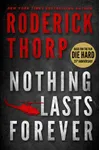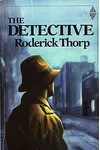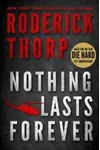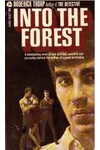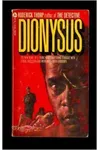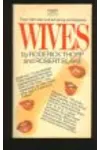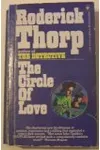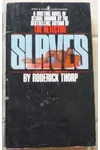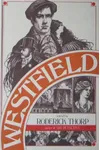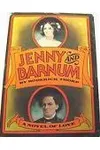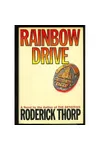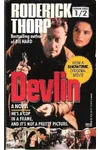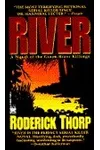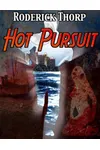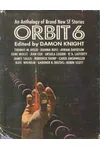Picture a gritty New York storyteller who turned a high-rise nightmare into the blockbuster Die Hard—meet Roderick Thorp! Born in 1936, this thriller and mystery maestro spun tales of suspense that hooked readers and Hollywood alike. From private detective work to penning bestsellers, Thorp’s life was as thrilling as his novels.
Thorp’s knack for crafting edge-of-your-seat stories didn’t just entertain; it redefined action cinema through his 1979 novel Nothing Lasts Forever. Let’s dive into the life, works, and lasting impact of this unassuming yet brilliant author.
The Making of Roderick Thorp
Born in the Bronx in 1936, Roderick Mayne Thorp, Jr. grew up with a front-row seat to the world of investigation—his father owned a detective agency. After graduating from City College of New York, where he won the Theodore Goodman Short Story Award, Thorp tried his hand at various jobs, from selling cars to catering. But it was his stint as a private investigator in his twenties, including a week spying under a bus to catch a gas-stealing mechanic, that shaped his gritty, authentic storytelling. This real-world experience fueled his debut novel, The Detective, and set the stage for his thriller career.
Roderick Thorp’s Unforgettable Stories
Thorp’s novels are masterclasses in suspense, blending hard-boiled crime with psychological depth. His 1966 novel The Detective introduced Joe Leland, a war hero and private eye grappling with personal demons. The book’s raw exploration of a detective’s unraveling life became a hit, adapted into a 1968 film starring Frank Sinatra. Its success paved the way for Thorp’s most famous work, Nothing Lasts Forever (1979), a sequel to The Detective. Inspired by a dream after watching The Towering Inferno, this novel pits a barefoot Joe Leland against terrorists in a Los Angeles skyscraper. Sound familiar? It became the basis for Die Hard, though its darker, more introspective tone sets it apart from the film’s action-packed flair.
Thorp’s other works, like Rainbow Drive (1986), a gritty tale of corruption and murder, and Devlin (1988), a suspenseful dive into organized crime, showcase his sparse prose and knack for flawed, relatable characters. His 21-part series on Southern California’s cocaine trade for the Los Angeles Herald Examiner further proved his ability to weave real-world crime into compelling narratives. Thorp’s style—tense, character-driven, and unflinchingly realistic—made him a standout in the thriller genre.
Why Roderick Thorp Matters
Roderick Thorp’s influence stretches far beyond the page. Nothing Lasts Forever didn’t just inspire Die Hard; it reshaped the action genre, introducing the lone-hero-against-all-odds trope that defined 1980s cinema. His ability to craft suspenseful, character-rich stories earned praise from critics, with the calling his work “single-mindedly brilliant.” Thorp’s novels also bridged literature and film, with three adapted into movies or TV films, cementing his Hollywood legacy.
Despite his success, Thorp remained humble, teaching creative writing in New Jersey and California and mentoring aspiring authors. His death in 1999 from a heart attack at age 62 was a loss to the literary world, but his stories continue to thrill readers and inspire filmmakers. Thorp’s work reminds us that great storytelling can turn a simple idea—a man, a building, a fight—into a cultural phenomenon.
- Birth: September 1, 1936, Bronx, New York
- Key Works: The Detective (1966), Nothing Lasts Forever (1979), Rainbow Drive (1986), Devlin (1988)
- Notable Adaptation: Die Hard (1988), based on Nothing Lasts Forever
- Died: April 28, 1999, Oxnard, California
Ready for a pulse-pounding read? Snag Nothing Lasts Forever and dive into Roderick Thorp’s thrilling world of suspense!
